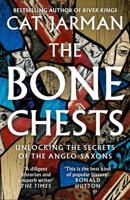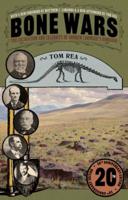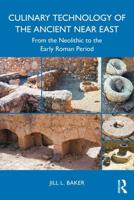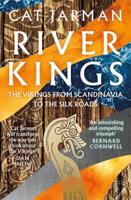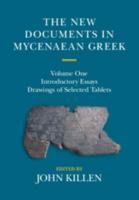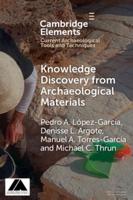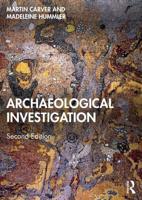Publisher's Synopsis
The idea that death is an illusion challenges one of humanity's deepest fears the end of existence. Terrence Howard's theory, explored in The Illusion of Death, presents a radical yet inspiring perspective that life is eternal and that what we call death is merely a transition-a shift in frequency, energy, or state of consciousness. Howard suggests that death is not an end but a change in form, much like how energy transforms but never disappears. This challenges both scientific and spiritual models of life and consciousness, opening the door to a profound understanding of existence.
Howard's view is grounded in the concept that the universe is structured by vibrations and frequencies. If life is essentially energy, and energy cannot be destroyed, then life itself is continuous. His theories align with principles of quantum physics, which suggest that reality is not fixed but shaped by observation and perception. If the universe operates on a vibrational frequency, then death may be nothing more than a shift to another form of existence, beyond what our limited senses can perceive.
Religious and spiritual traditions have long echoed similar insights. Hinduism and Buddhism speak of reincarnation and the cyclical nature of life, while Christianity and Islam promise life beyond death. Even modern science is beginning to explore these ideas through research on near-death experiences, quantum consciousness, and the potential for energy to persist beyond physical death.
The implications of this perspective are profound. If death is an illusion, then the fear that drives much of human behavior is misplaced. Imagine living without the shadow of death looming over you-making choices from a place of purpose and freedom rather than fear. This understanding invites us to live more fully, embracing life's experiences without hesitation or doubt.
Howard's ideas ask us to rethink the very fabric of reality. If consciousness transcends the body, then our existence is not limited to this lifetime. Life is not a race against time-it's a continuous journey of growth, discovery, and transformation. The call to action here is simple but powerful: question what you believe about life and death. Explore what Howard's theories mean for you. If death is not the end, then how would you live differently today?

